Why panic attacks are on the rise
In honour of World Mental Health day, one writer looks into the causes of anxiety and the increasing number of women suffering from panic attacks...
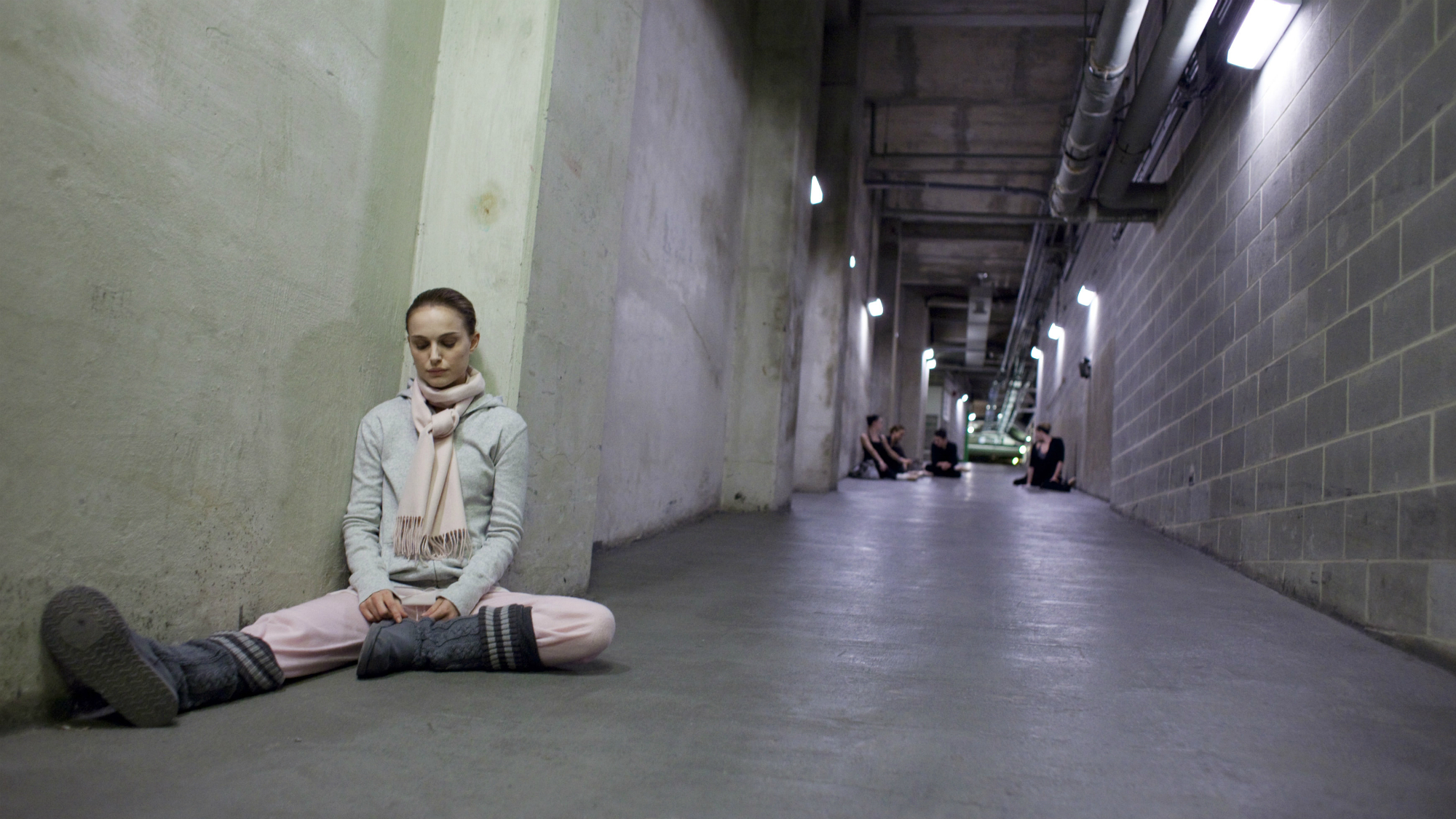
In honour of World Mental Health day, one writer looks into the causes of anxiety and the increasing number of women suffering from panic attacks...
Words by Anna Magee
‘I was at a gig with friends when I felt a tightness in my chest, and pins and needles in my hands and feet. I felt as if I was going mad – I was overwhelmed by a sudden need to escape and, without telling anyone, I ran out and got the Tube home.’ Amanda Freed, a 36-year-old communications officer from Aylesbury, describes the first time she experienced a panic attack. Dismissing the incident as tiredness, a few weeks later it happened again while she was shopping. She researched the symptoms online and self-diagnosed a panic attack, but didn’t seek help. ‘I let it go but, a few months later, I was avoiding going to the shops or being in large crowds for fear of having another attack. It got to the point where, if I walked too far from home or work, I would be hit.’
In the past five years, charity Anxiety UK has seen a 10 per cent increase in calls to its helpline and email support network, with one in ten people suffering from panic attacks and, of these, two thirds are women. Meanwhile, NHS figures show outpatient appointments for anxiety disorders, of which panic attacks are a common form, have increased five-fold since 2007, and hospital admissions increased by a third. Prescriptions for tranquilizers such as Xanax and Valium rose by 13 per cent in the past four years, and for antidepressants – often used to treat panic attacks – by 38 per cent.
Panic attacks happen when the body is flooded with fighting hormones adrenalin and noradrenalin as a response to what it sees as a threat. When this is an emotional rather than a physical threat, the adrenalin is not used, and the effect on the body is a combination of hot flushes, dizziness, muscle tension, pins and needles and heart palpitations. In some cases the throat constricts, producing a feeling of choking or having a cardiac arrest. It can be terrifying.
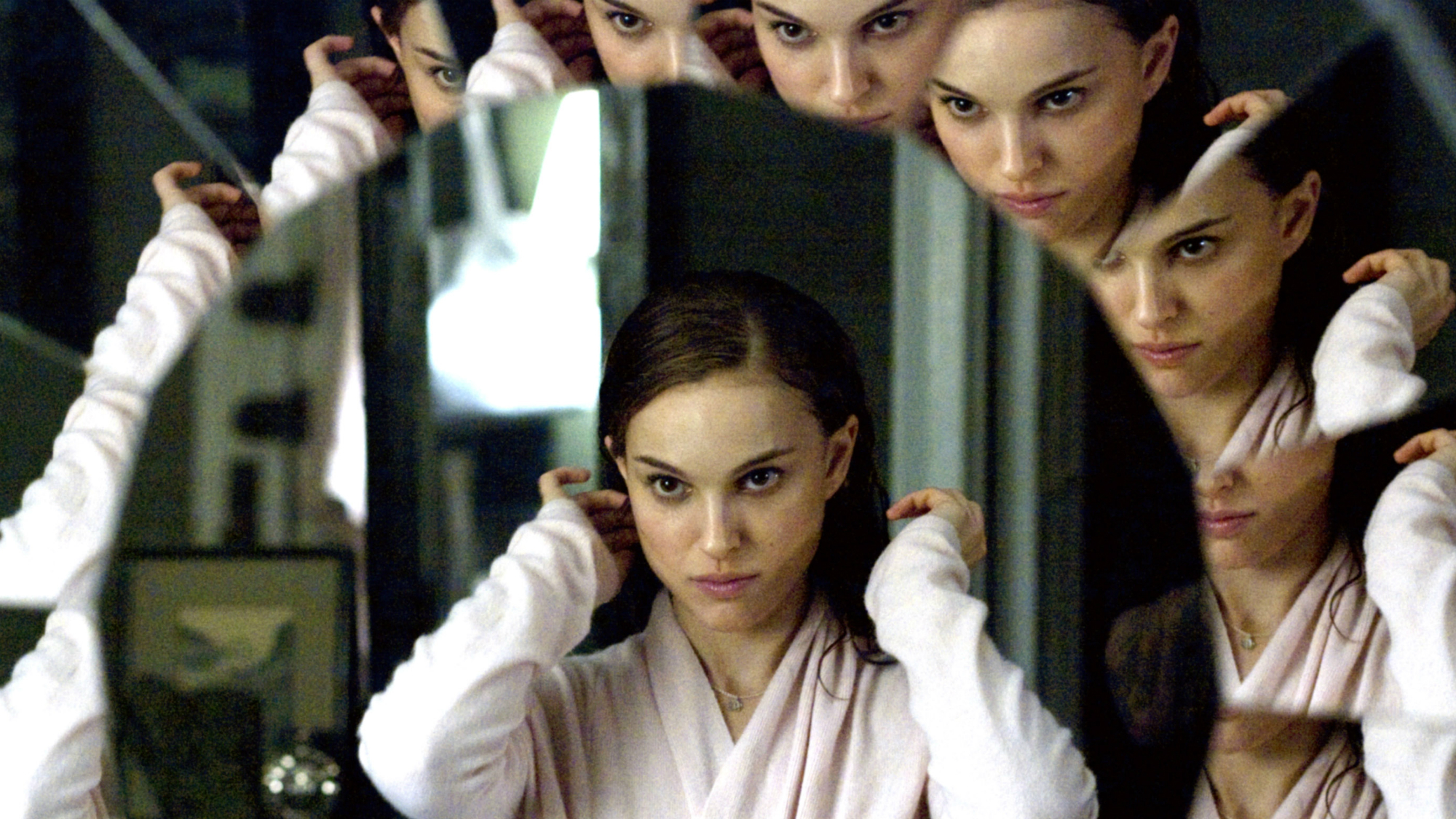
This high-level anxiety can affect anyone of any age. Last year, make-up artist Jemma Kidd admitted to suffering for 20 years from crippling panic attacks that left her unable to function and ‘feeling as if I had been in a war zone’. Meanwhile, GMTV presenter Anna Williamson, recently admitted to having severe panic attacks at the height of her career, keeping quiet about it for months until it spiraled into a major meltdown at work, after which she was signed off.
‘The rise in panic attacks over the past five years is found mainly in successful women with high-pressure jobs whose lives are a balancing act between home, career, paying bills and possibly having young children,’ explains Nicky Lidbetter CEO of Anxiety UK and a former sufferer. The women she describes are used to operating in high-pressure environments, but the economic downturn and the job uncertainty that has come with it has, for some, delivered a new kind of stress. ‘This low-level uncertainty and lack of control can trigger panic attacks,’ she says.
Marie Claire Newsletter
Celebrity news, beauty, fashion advice, and fascinating features, delivered straight to your inbox!
Look closer, however, and you find that, while job anxiety is the tipping point, there is usually something deeper at the heart of these attacks. They can be a delayed reaction to an event that happened years ago. ‘Often, we will see a busy woman who has been managing fine, juggling all the many stresses that come with her family, social life and job, suddenly develop panic attacks for seemingly no reason,’ says Lidbetter. ‘But drill down into the surrounding events and there’s an external trigger, usually an event she can’t control, such as bereavement, divorce or even having children. Then deep issues from the past that haven’t been resolved may also come to the surface.’ The busy nature of our over-subscribed lives may stop us from having to deal with unresolved emotional issues, says Lidbetter. ‘Panic attacks are your body’s way of forcing you to look at your emotional life and the stress you’re under,’ she says.

Amanda realized that the source of her attacks was almost certainly having recently been made redundant at the same time as coming to the end of a long-term relationship. ‘I realized I was living in a high state of anxiety for so long the adrenalin levels in my body had nowhere to go, and the panic was like a pressure valve going off, leaving me overreacting to small things.’
Meanwhile, the flipside to a high-functioning woman’s success can be thinking patterns that make us more prone to panic attacks. ‘Perfectionism and an intense fear of failure may predispose ambitious, conscientious women to panic disorders,’ says Dr Vijaya Manicavasagar, clinical psychologist and author of Overcoming Panic and Agoraphobia (Constable & Robinson, £10.99). ‘They may catastrophise situations,’ she explains. ‘Someone may think, “I must not mess up that presentation or I will lose my job, become bankrupt and end up living in a cardboard box”, which turns into a vicious cycle of a panic reaction before every presentation.’ Cognitive behavioural therapy (CBT) may help as it teaches us to change our thinking. ‘Over time, this person can learn that messing up a presentation is only messing up a presentation, which helps to alleviate the panic.’
The other positive lesson to be learned is that panic attacks are not intrinsically harmful to you. Amanda explains: ‘Having the knowledge that panic attacks can’t physically harm you helped me enormously and made me realize that all the “what ifs” I had concocted in my head – what if I am dying? – weren’t real and the panic attacks couldn’t do me any damage.’
Charles Linden, a former anxiety sufferer, founder of The Linden Method and author of Stress Free in 30 Days (Hay House, £12.99), says panic attacks can strike people with creative brains who are not channeling their abilities appropriately, which can lead to over-thinking things and neuroses.

The key to his method lies in diversion. It sounds almost absurdly simple, but it proved effective for Lisa Dawson, 30, who suffered from attacks for two years. ‘I got to the point where I could barely go to the super market because, for some reason, that would set off a panic attack. After reading Charles’ book from cover to cover one Saturday, I woke on the Sunday, went to the local shop, bought a few ingredients, some food scales and began baking a cake. I got so absorbed in the process, spending hours on Google looking up recipes, then mixing, sifting and icing, that hours passed and I didn’t think of my anxiety once. It was an epiphany and has led to a sideline for me making custom cakes for friends. Once I trained my mind to stay on something else, the focus was off the panic attacks and they lost their power over me.’
Exercise is another line of defence. Ultimately, Amanda was helped by running: ‘I built up my stamina so I could have more control over my body. I finished a 5K six weeks later, and now run three times a week and do yoga, which has taught me to control my breathing. Panic attacks make your breathing shallows, but yoga teaches you to control your breathing if you need to. Last October, I started a new job and had my first panic attack for six months. I stopped what I was doing, sat quietly and reasoned with myself that this was only a physical symptom of my stress at the new job. I wasn’t dying. If I just breathed properly it would go – and it did.
Contact the Anxiety UK helpline on 0844 477 5774 or visit thelindenmethod.co.uk
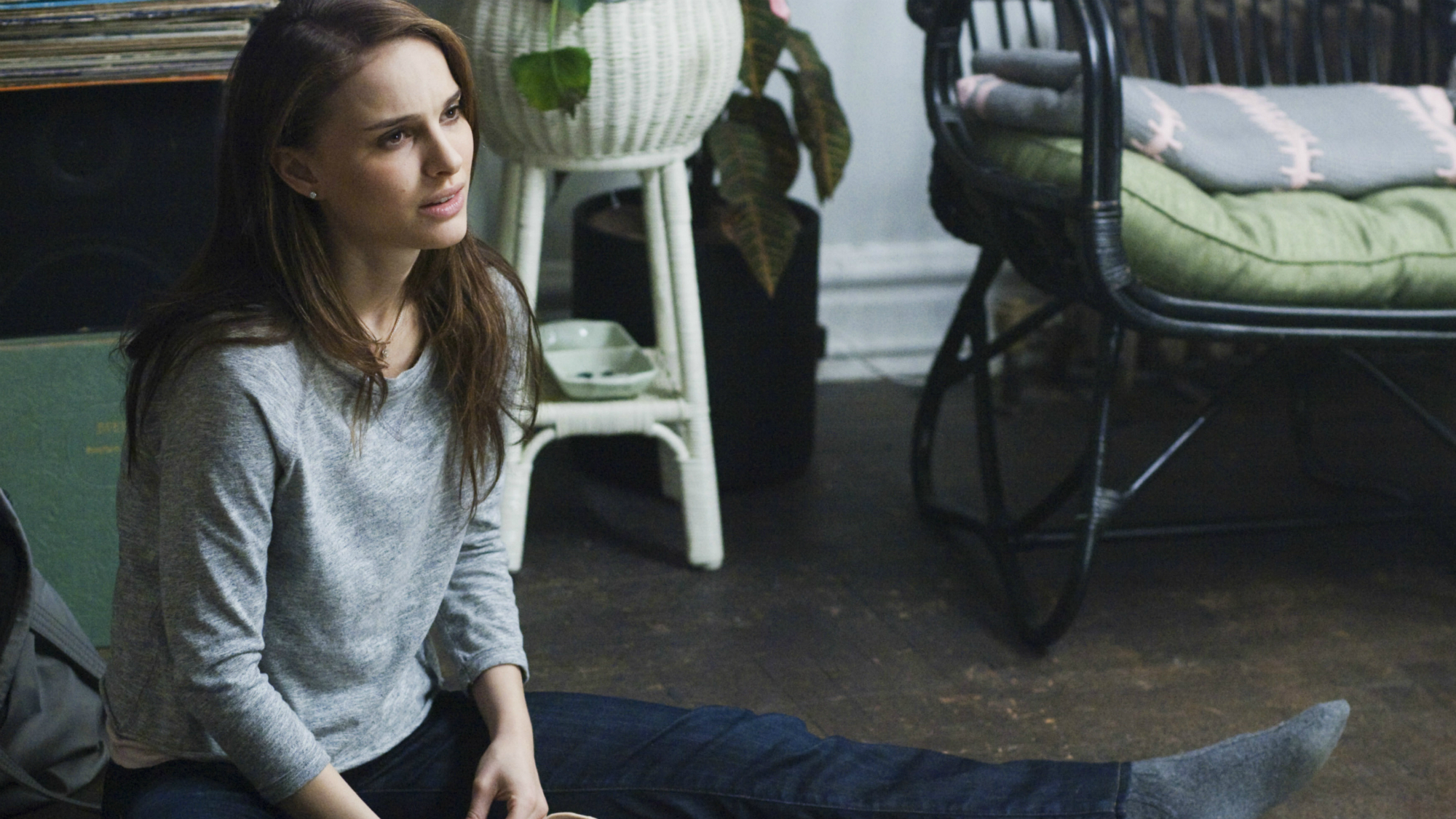
HOW TO PREVENT PANIC ATTACKS:
EXERCISE Regular exercise reduces panic and anxiety by 30 per cent as it uses up the excess adrenalin that’s caused by stress.
THERAPY Cognitive behavioural therapy (CBT) is available on the NHS for panic attacks. Other therapies include solution-focused brief therapy and compassion-focused therapy. Find a therapist at itsgoodtotalk.org.uk.
SELF-HELP Mindfulness-based stress reduction (MBSR) or mindfulness-based cognitive therapy (MBCT) are courses combining meditation and group therapy to help the stress that underpins panic attacks. Talk to your GP.
HERBAL HELP The herb Rhodiola rosea could help symptoms as it’s been shown to alleviate stress. Try Healthspan Rhodiola Stress Relief, £19.95 (from healthspan.co.uk).
MEDICATION Drugs such as Valium, Atian or Xanax – called benzodiazepines – knock out anxiety fast but are highly addictive and should be used as a last resort. Talk to your GP.
AND WHAT TO DO IF YOU HAVE AN ATTACK…
BLOW IN A BAG Breathe into a paper bag for ten breaths. This introduces carbon dioxide to offset the oxygen that floods in when you hyperventilate.
BREATHE RIGHT Breathe slowly and make the out-breath longer than the in-breath.
The leading destination for fashion, beauty, shopping and finger-on-the-pulse views on the latest issues. Marie Claire's travel content helps you delight in discovering new destinations around the globe, offering a unique – and sometimes unchartered – travel experience. From new hotel openings to the destinations tipped to take over our travel calendars, this iconic name has it covered.
-
 A day in the life of Nicola Orme, the Queens of Archive founder behind the fashion set's favourite vintage-inspired dresses
A day in the life of Nicola Orme, the Queens of Archive founder behind the fashion set's favourite vintage-inspired dressesEverything she gets up to in her 9-5
By Sofia Piza
-
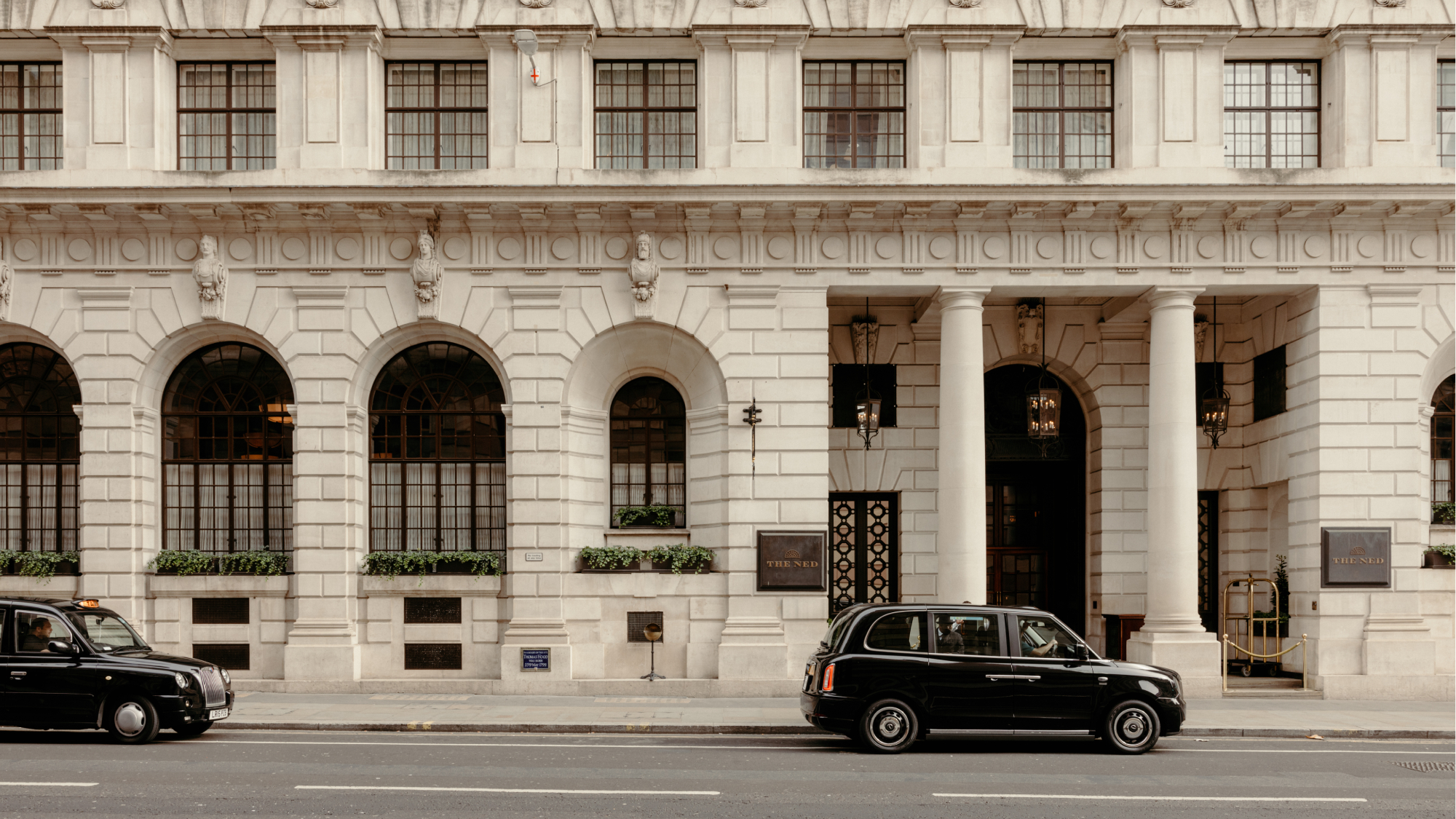 Easy Escapes: The Ned offers a decadent retreat in the heart of London
Easy Escapes: The Ned offers a decadent retreat in the heart of LondonThe Ned eclipses other London hotels with its sleek spa, extensive dining options and party atmosphere
By Lauren Hughes
-
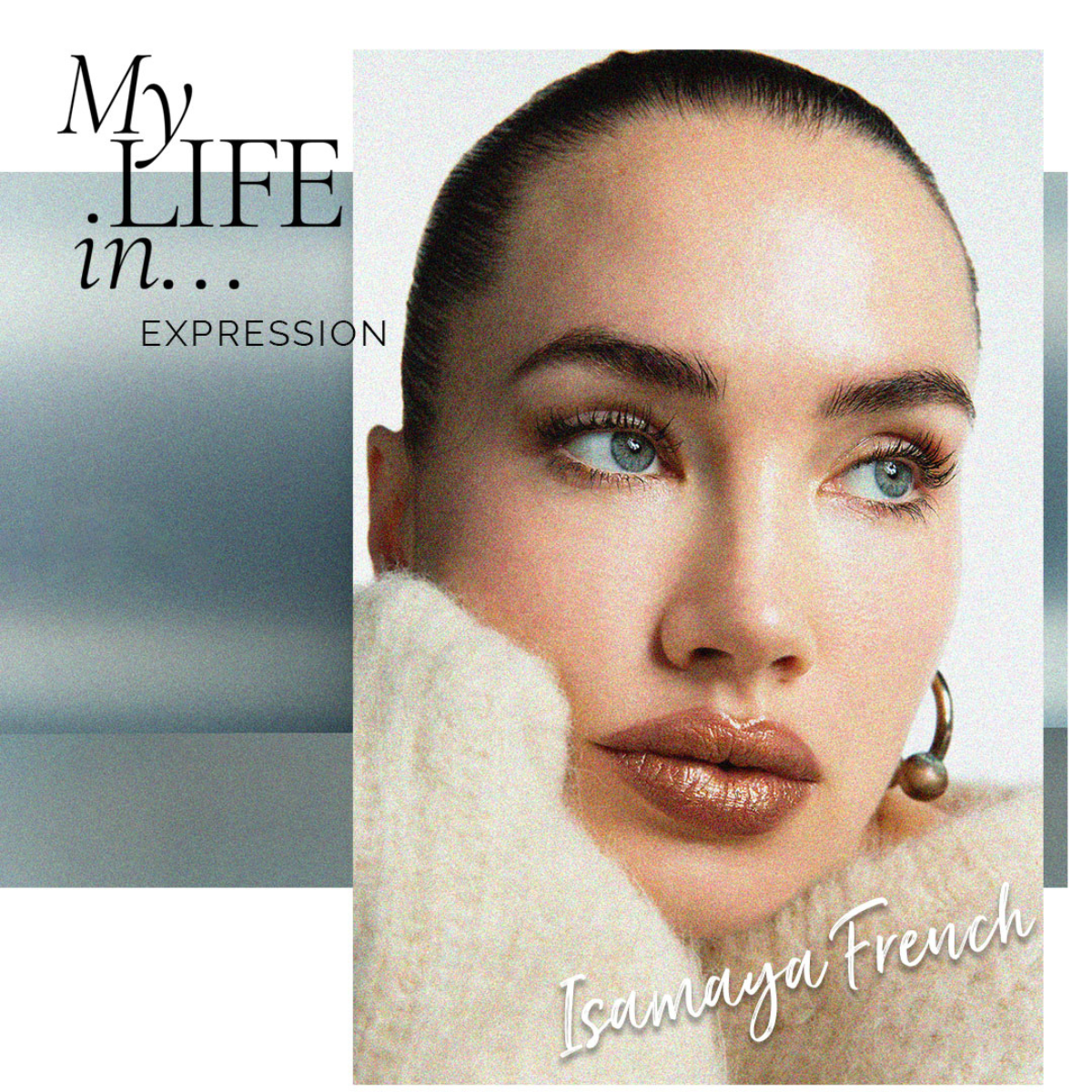 Isamaya Ffrench on disrupting the beauty industry and her desert island make-up bag
Isamaya Ffrench on disrupting the beauty industry and her desert island make-up bagFashion's favourite make-up artist discusses her life in expression
By Nessa Humayun